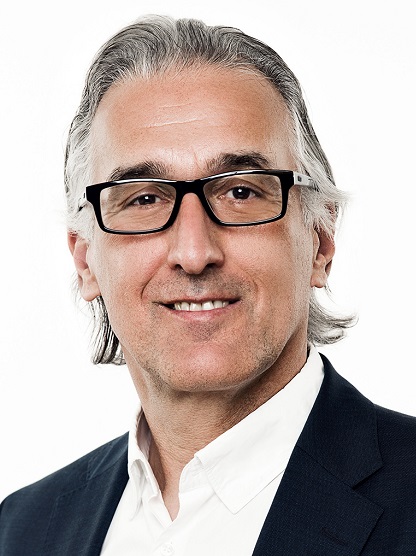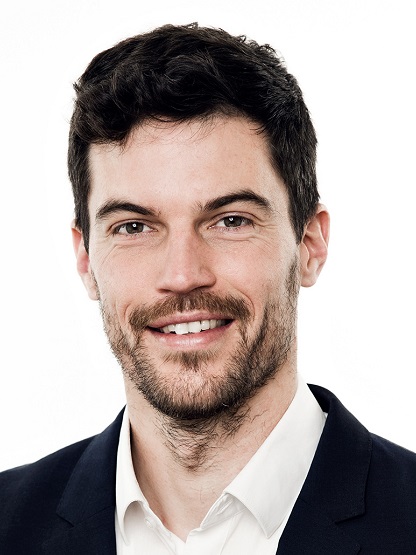How much energy does the cloud need?
Every fourth company in the EU uses cloud computing. Whether for email services or storing and sharing data. The Environment Agency Austria and the German Borderstep Institute for Innovation and Sustainability are analysing for the first time which IT infrastructure and IT services are used via the Internet and how the use of cloud computing will develop in the EU-28 over the next few years. The experts survey how high the energy demand of cloud computing is and how energy efficiency can be taken into account in the public procurement of cloud services. The aim is to develop recommendations for energy-efficient and environmentally friendly cloud computing services in Europe.
Trends such as 5G and Industry 4.0 are changing the structure of the cloud
One focus of the experts’ analysis of cloud computing deployment in the EU is on the energy efficiency of the huge central data centres that ensure that data can be stored online and accessed anywhere. With new technologies such as Industry 4.0 and Autonomous Driving, the decentralized storage and processing of data will also gain in importance in the future.
A model from the Borderstep Institute, which is already in use in Germany, is being used to measure energy consumption. The German project partners are responsible for the analysis of cloud technologies and services and their current and future areas of application. The Austrian Federal Environment Agency is dedicated to the framework conditions for the cloud computing market in Europe. The experts examine which framework conditions, such as eco-label standards or national specifications for environmentally friendly technologies, currently exist for virtual structures and services in the member states. On this basis, they develop strategies for public procurement of environmentally friendly digital services.
Database on the energy requirements of data centres in the EU
For Germany, there is already very detailed data on the energy requirements of the data centres – above all through the work of the Borderstep Institute. For other European countries and the EU as a whole, the data situation is much worse. “The project should create a new database that also takes into account the regional distribution of data centres in the EU,” says Dr. Ralph Hintemann, project manager at the Borderstep Institute and expert for data centres.
Trends like 5G, industry 4.0 and autonomous driving are changing the cloud infrastructure, explains Simon Hinterholzer, researcher at the Borderstep Institute. “So far, it’s mainly large cloud computing centers that process and store data. For the future, we expect an enormous number of small and very small data centers to be set up, for example, in switching centers or on the roadside.” According to Hinterholzer, operating these so-called edge data centers in an energy- and resource-efficient manner represents a major challenge for the future.
The project will provide an insight into the relevant future technologies that enable energy-efficient and sustainable cloud computing.

